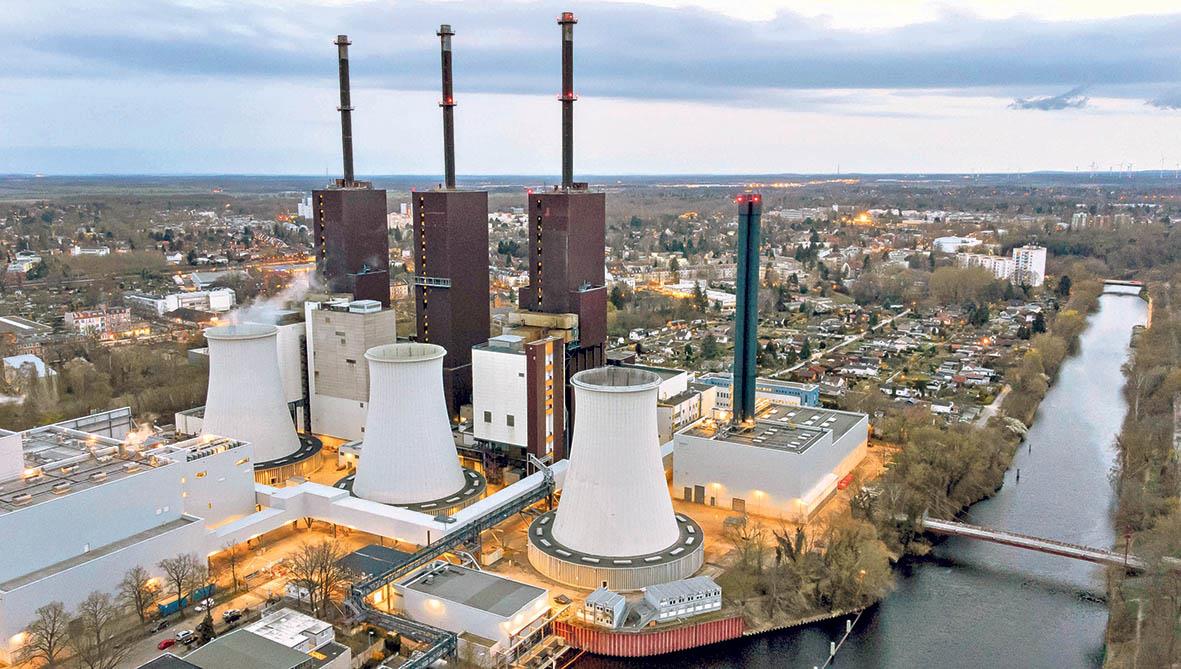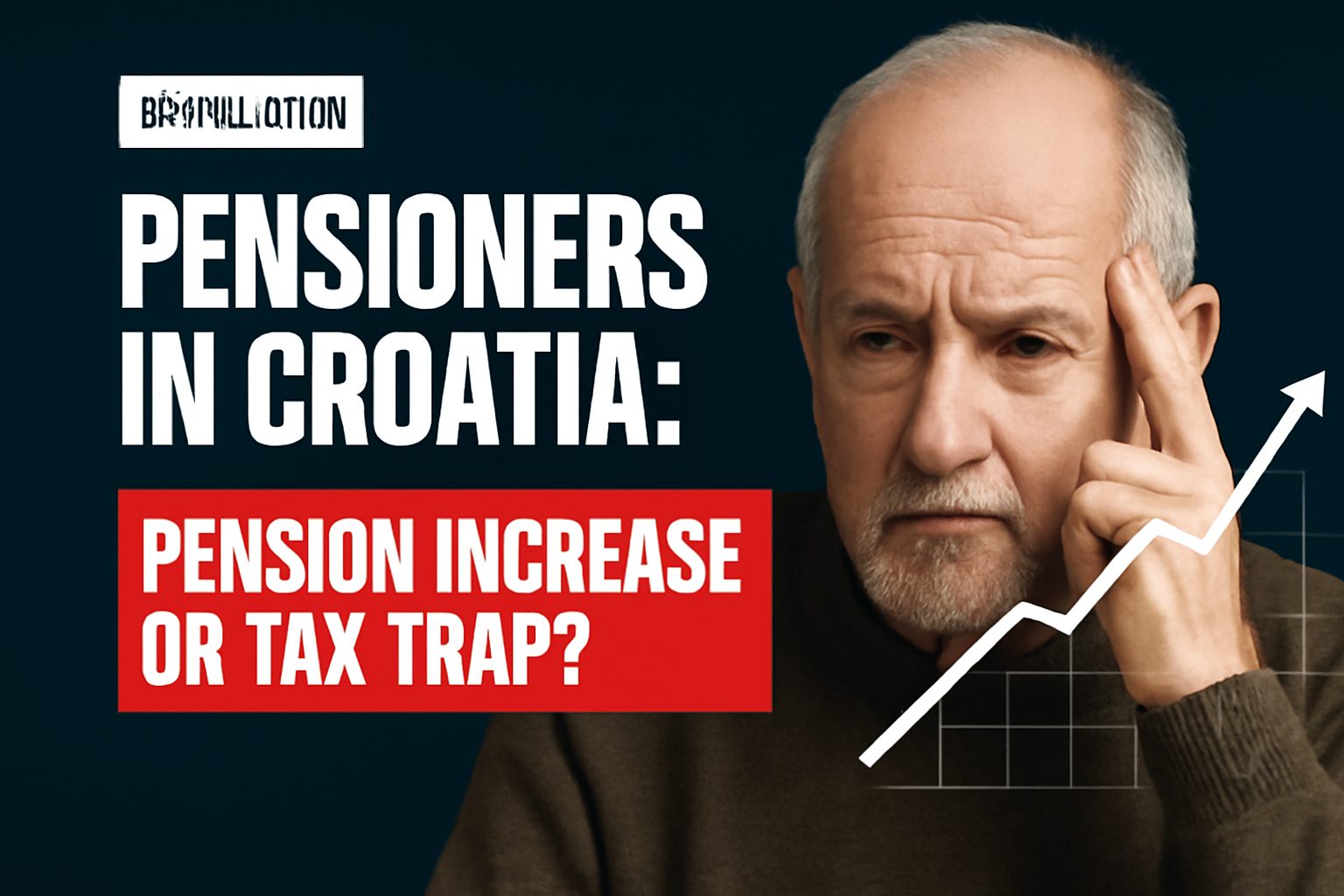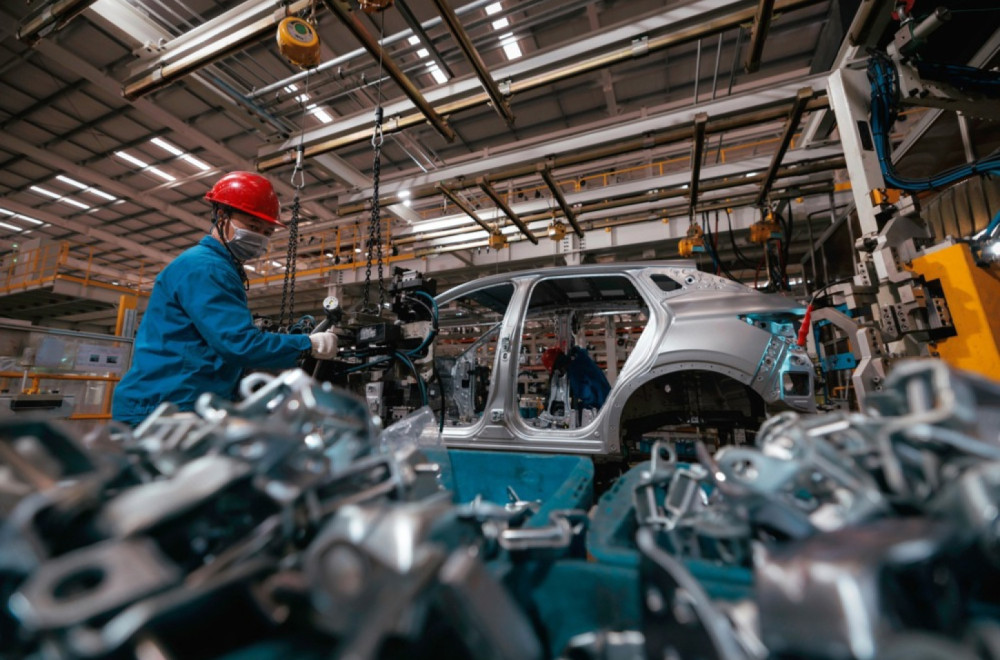Germany and the Gas Crisis: How It Avoided Disaster
Three years ago, Germany declared the second level of alert in the energy sector due to a gas crisis. Why? Because Russia, the main gas supplier, shut off the gas pipelines due to the conflict in Ukraine. This meant Germany was on the brink of a real energy disaster.
A Country on the Brink of Panic — But Not Collapse
The former German government raised the alarm back then, but the new government of Chancellor Olaf Scholz and Energy Minister Katharina Reiche managed to lower the alert level to the lowest. How? Germany has undergone a small revolution in energy infrastructure over the past three years.
The Secret to Success: LNG Terminals and Gas Storage
Germany accelerated the diversification of gas supply sources. It built infrastructure for liquefied natural gas (LNG) from other countries and filled gas storage facilities to the brim. Of course, storage can’t cover all needs but serves as a buffer for sudden consumption spikes, especially in cold winters.
What If This Infrastructure Didn’t Exist?
Without this new infrastructure, Germany would likely have had to impose restrictions on gas supply to domestic consumers — the third level of alert, the worst-case scenario. That would mean cold homes, halted factories, and economic disaster.
But Is This the End of the Problem?
Of course not! Although the current situation is stable, gas storage can’t last forever, and the global energy situation remains uncertain. Germany must continue saving energy and seeking new energy sources.
A Law That Protects Consumers
Chancellor Scholz’s government passed a law mandating how full gas storage must be at certain times, adding a layer of security. But will it be enough if the global market situation worsens?
Conclusion: Germany Won the Battle, But Not the War
Germany has shown it can adapt and survive the gas crisis thanks to smart investments and laws. But the world still stands on shaky ground when it comes to energy. Will other countries follow its example or face their own gas apocalypses?
What About You?
Do you think Germany relied too much on Russian gas and it’s too late for changes? Or is this an example of how to prepare for future energy crises? Drop a comment, spark a debate, and tell us what you think — maybe you have the solution for the next gas drama!

















